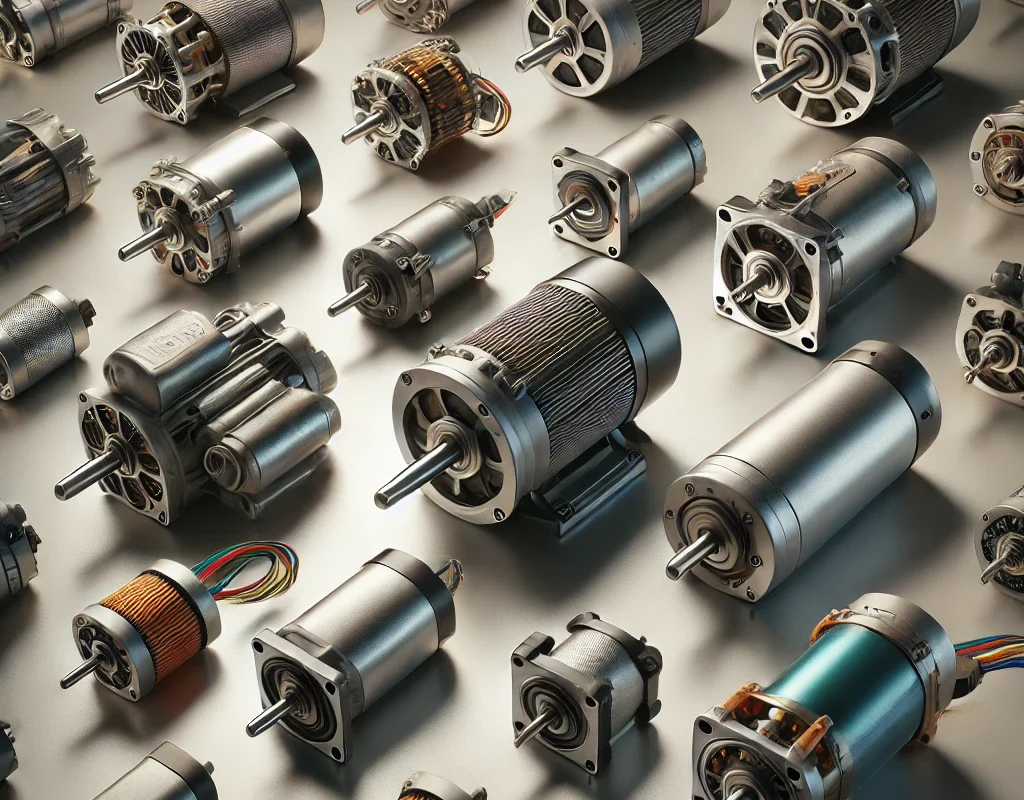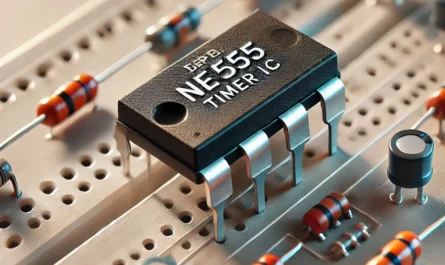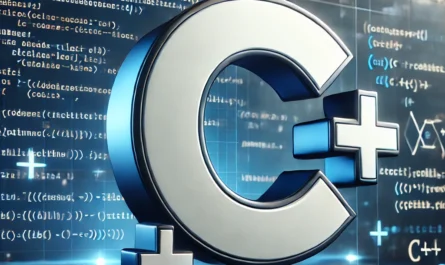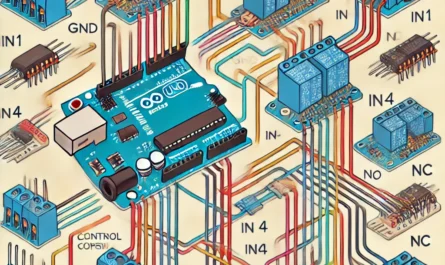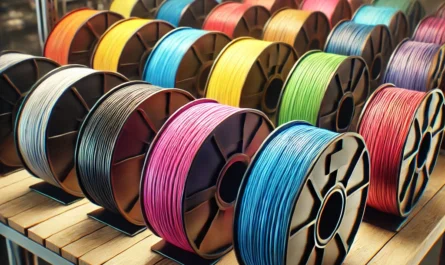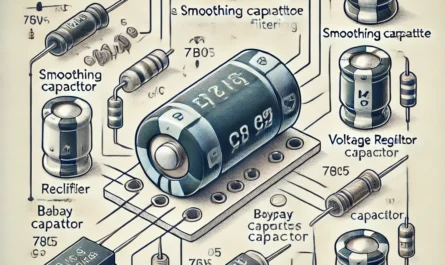📜 Definition
- Motor:
An electromechanical device that converts electrical energy into mechanical energy (motion).
🔍 Key Functions
- Motion & Force:
- Motors provide the mechanical force to drive movement in devices.
- Energy Conversion:
- They transform electrical power into rotational or linear motion.
🔧 Types of Motors
- 💡 DC Motors:
- Brushed & Brushless:
- Brushed DC motors are simple and cost-effective.
- Brushless DC motors offer higher efficiency and longer lifespan.
- 🌐 AC Motors:
- Used in household appliances and industrial machinery.
- 🤖 Servo Motors:
- Provide precise control over angular position, common in robotics.
- 🔢 Stepper Motors:
- Move in fixed increments (steps), ideal for applications needing precise positioning like 3D printers and CNC machines.
🎯 Applications
- Robotics:
- Motors drive wheels, arms, and actuators.
- Home Appliances:
- Used in fans, washing machines, and HVAC systems.
- Automotive:
- Power windows, seat adjustments, and engine components.
- Industrial Machinery:
- Provide motion in conveyors, pumps, and automation systems.
📡Broadcast the signal — amplify the connection.

